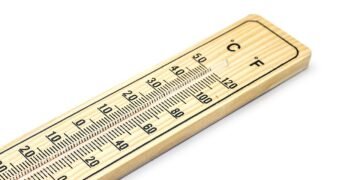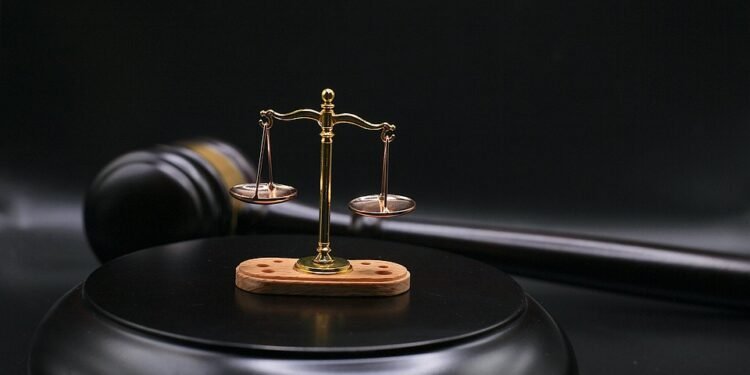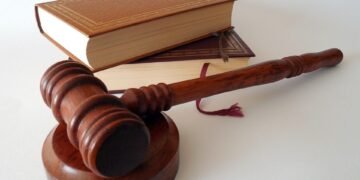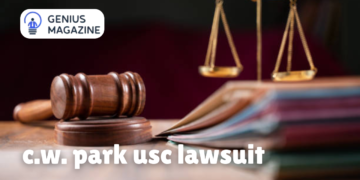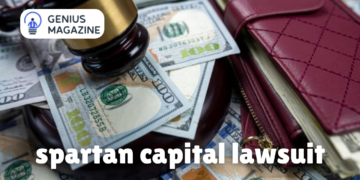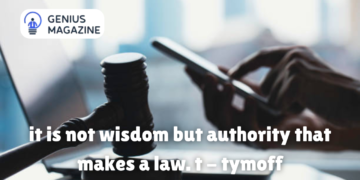The University of Southern California (USC) has long been known for its prestigious academic programs and influential faculty members. However, the institution has recently found itself at the center of controversy due to a lawsuit involving one of its former professors, C.W. Park USC lawsuit. This legal battle has captured the attention of students, faculty, and the broader academic community, raising serious questions about higher education ethics, faculty misconduct, legal accountability, and institutional reputation management.
Who is C.W. Park?
C.W. Park was a highly respected marketing professor at USC, known for his contributions to consumer psychology, business research, and brand marketing strategies. His work earned him recognition in academic circles, and he was a significant figure in his field. Over the years, he contributed to numerous research papers, mentored students, and influenced USC’s marketing curriculum. However, his reputation took a severe hit when allegations surfaced, ultimately leading to a lawsuit that would shake the university.
One of Park’s former students, Sarah, recalls an incident in his classroom. “I remember how he used to emphasize power dynamics in branding strategies. Ironically, now it feels like he was practicing power dynamics in a very different, troubling way,” she said. Her words resonate with many who have followed this case closely.
Furthermore, Park was particularly well-known for his work in brand perception and consumer behavior, exploring how corporations use strategic branding to influence purchasing decisions. His research played a role in shaping global marketing strategies, making the allegations against him all the more shocking.
What is the Lawsuit About?
The C.W. Park USC lawsuit involves allegations of faculty misconduct, unethical behavior, and abuse of power. While the details of the case are still emerging, reports indicate that the accusations include violations of USC’s ethical standards, potential Title IX violations, and breaches of university policies. Consequently, the lawsuit not only questions Park’s actions but also raises concerns about USC’s response to misconduct claims and institutional oversight.
One anonymous former student, who attended USC’s marketing program, described her experience. “At first, I thought he was just a strict professor, but there were moments when his behavior felt manipulative. I wasn’t sure if I was overthinking it or if there was something truly wrong.” These personal accounts paint a clearer picture of why this lawsuit has become such a pivotal case in academia.
Several individuals have come forward with claims, alleging that Park misused his authority as a professor, leading to a toxic academic environment. As a result, these claims have led to intense scrutiny of USC’s faculty oversight policies, Title IX compliance, and the effectiveness of student protection mechanisms.
Moreover, the case has sparked discussions about power dynamics in academia, especially regarding student-faculty relationships, workplace harassment in educational institutions, and the need for stronger misconduct reporting systems. When a faculty member is accused of misconduct, it can create an atmosphere of fear, academic pressure, and reluctance to report wrongdoing.
USC’s Response and Public Reaction
USC has faced criticism regarding its response to the C.W. Park lawsuit. On one hand, some believe the university did not act swiftly enough to address the allegations. On the other hand, others argue that institutions often prioritize reputation management over student safety. The case has sparked debates about university liability in faculty misconduct cases and the effectiveness of campus policies on harassment and ethical violations.
Initially, USC remained tight-lipped about the lawsuit, leading to speculation, frustration among students, and criticism from advocacy groups. However, as pressure mounted, the university issued a statement acknowledging the legal proceedings and reaffirming its commitment to maintaining a safe and ethical learning environment. Nevertheless, for many, the response felt inadequate, particularly given USC’s history with previous faculty misconduct cases and lawsuits.
Student and Faculty Reactions
Students and faculty have expressed mixed reactions. While some support the lawsuit as a necessary step toward transparency and accountability, others worry about the impact on USC’s academic reputation and the marketing programs associated with Park’s research. Consequently, social media discussions, student protests, and faculty meetings have intensified as the case unfolds.
One former student, David, shared his reaction. “I admired Dr. Park’s work in branding, but hearing these allegations makes me question everything. If these accusations are true, how many students suffered in silence?” Such sentiments reflect the turmoil that many in the academic community are feeling.
Some students have called for stronger misconduct policies, improved reporting mechanisms, and greater transparency in handling faculty complaints. They argue that USC must do more to create a culture where students and faculty feel safe reporting unethical behavior without fear of retaliation. In contrast, faculty members have also voiced concerns, with some expressing support for stricter ethical standards, while others worry about the implications of legal actions on academic freedom and tenure protections.
Legal Experts Weigh In
Legal experts believe the C.W. Park lawsuit could have significant ramifications for higher education institutions, faculty governance, and university liability policies. If the allegations are proven true, it could lead to:
- Stricter misconduct regulations in academia
- More rigorous faculty background checks and oversight
- A re-evaluation of Title IX enforcement and compliance
On the other hand, if the lawsuit is dismissed or ruled in Park’s favor, it could raise concerns about how legal frameworks address misconduct allegations in higher education and whether universities have sufficient legal safeguards in place.
The Broader Impact on Academia
The C.W. Park USC lawsuit is not just an isolated case; rather, it highlights broader issues within academia, including faculty accountability, student protection policies, and university governance failures.
Many experts believe this case could set a legal precedent for future lawsuits involving professor misconduct at elite institutions. If USC is found to have mishandled the situation, it could lead to nationwide policy reforms on academic ethics and faculty disciplinary actions.
Additionally, the case raises questions about the tenure system, which is designed to protect academic freedom but can sometimes make it challenging to hold tenured professors accountable for ethical violations. Critics argue that tenure should not serve as a shield against misconduct allegations.
What Happens Next?
As the C.W. Park USC lawsuit progresses, more details are expected to emerge. Legal proceedings will determine whether C.W. Park is held accountable for the allegations against him. Meanwhile, USC may have to reassess its faculty misconduct policies and implement necessary changes to prevent future scandals.
This lawsuit has already left a lasting impact on the academic world, serving as a reminder that no institution is above accountability. Whether justice is served or not, the C.W. Park case has sparked a conversation that will shape the future of ethics and legal accountability in higher education.
Final Thoughts
The C.W. Park USC lawsuit is a wake-up call for universities across the United States. It emphasizes the importance of ethical leadership, transparency in misconduct investigations, and swift action when allegations arise. Regardless of the outcome, this case will serve as a critical lesson for academic institutions, students, and faculty alike.
As new developments unfold, the world will be watching closely to see how USC manages this high-profile case and what it means for the future of academia and faculty misconduct policies. If history has taught us anything, it is that institutions must be proactive in ensuring that justice, integrity, and student safety remain at the forefront of their mission.












